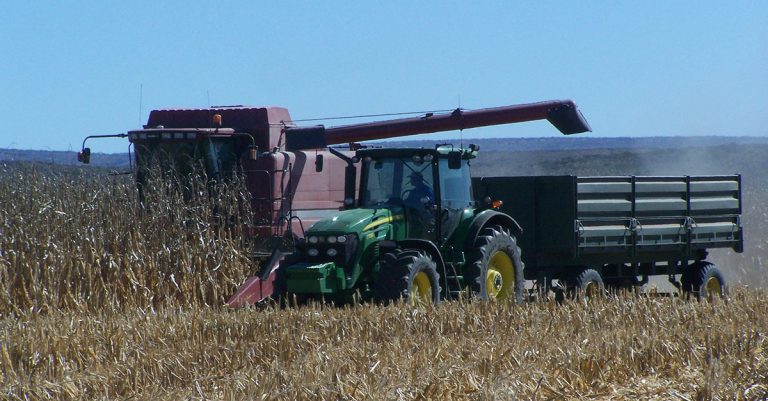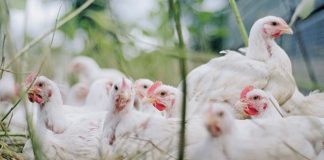
Photo: FW Archive
The fuel price increase that comes into effect on Wednesday, 4 August as announced by the Department of Mineral Resources and Energy, will wipe out any gains made from earlier lower prices.
This was according to Dawie Maree, head of agriculture information and marketing at FNB.
The department attributed the hike of 91c/l for petrol and around 55c/l for diesel to a month-on-month increase in the average Brent Crude oil price, from US$73/barrel to US$74/barrel (about R1 050/barrel to R1 064/barrel), due to a decline in crude oil inventories, along with the depreciation of the rand against the US dollar from R13,92 to R14,54.
READ Aviation fuel production could help lift SA sugar outlook
This resulted in the levy contributions to the basic fuel price of petrol, diesel and illuminating paraffin increasing by 43,73c/l; 32,37c/l and 31,42 c/l, respectively.
A levy of 6,58c/l will also be implemented onto price structures of petrol and diesel in line with the self-adjusting slate mechanism rules.
Maree said the price hikes will lead to diesel prices increasing by 4% month-on-month and about 16% year-on-year, to around R15,63/l in the interior of the country.
“South Africa benefitted from lower fuel prices from the start of the first lockdown up until December [last] year, when the demand for Brent Crude oil started to increase again along with the international economic recovery.” However, these gains would now be wiped out, he said.
READ How to make your combine harvester work harder
The price hikes would directly increase agricultural input costs, as a result of farmers having to pay more for fuel.
Grain farmers, who were in the midst of harvesting, and those who needed to start planting in September, would be the hardest hit, along with citrus farmers, who needed to ship and transport their fruit to the market, he said.
The increase in Brent Crude oil prices and the depreciation of the rand would also drive up the price of other inputs costs, such as fertilisers and pesticides, along with farming equipment, while the higher transporting costs of these products would further exacerbate the situation.
In addition, consumers would be negatively affected, with the price increases set to drive up food inflation due to the additional transport costs, as well as adding additional strain on consumer spending due to increased personal transport costs.
The petrol price was set to increase to about R18,11/l, representing a more than 20% jump over the past year.
“Consumer spending is already under immense pressure because of the impact of the COVID-19 pandemic on the South African [economy’s] growth, and now the impact of the recent [civil unrest] in KwaZulu-Natal and Gauteng.
“Fuel, nevertheless, is a non-discretionary cost, which means they will have to cut on other costs, such as food, to foot this bill,” he said.











